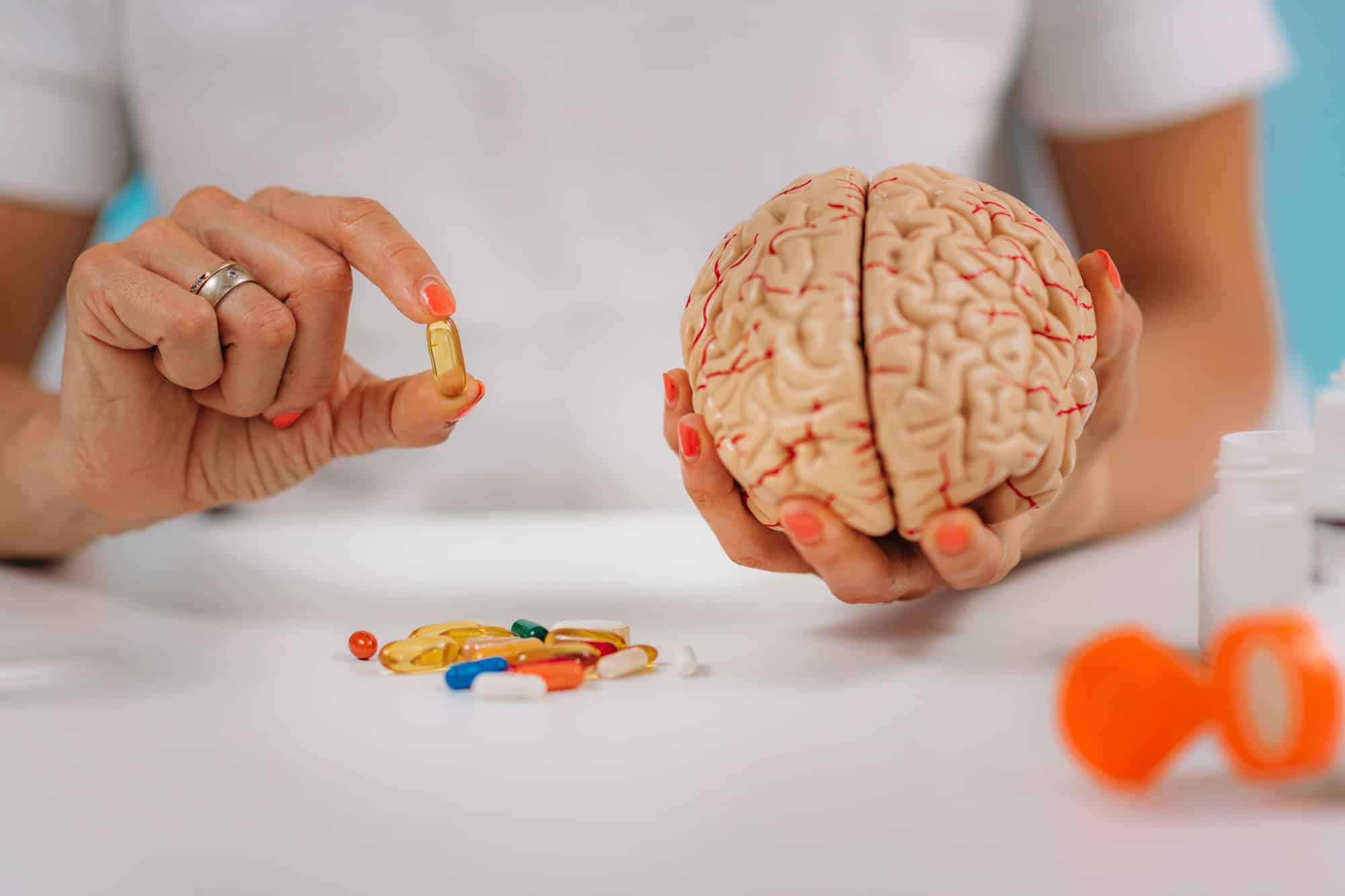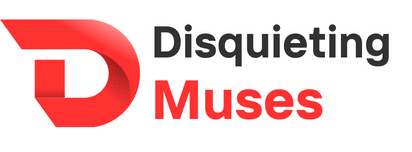Does Regular Participation in Crossword Puzzles Decrease the Risk of Alzheimer’s?

In the quest for maintaining cognitive health, you may have wondered about the potential benefits of brain-boosting activities. One activity that’s often touted as a way to keep your mind sharp is solving crossword puzzles. But does regular participation in crosswords truly decrease the risk of debilitating conditions like Alzheimer’s? Let’s dive deeper into this question, examining the correlation between puzzles, brain health, and dementia.
The Connection Between Cognitive Activities and Brain Health
Before we delve into the specifics of crossword puzzles, it’s important to understand the relationship between cognitive activities and brain health. Cognitive activities, such as puzzles, games, reading, or even learning a new language, require mental effort and stimulation.
Have you seen this : Best practices for consultants to optimize biopharmaceutical processes
Several studies have indicated that engaging in regular cognitive activities can help maintain brain health. Such activities stimulate the brain, enhancing its function and developing cognitive reserve – an increased resilience against the damaging effects of age-related brain decline or diseases like Alzheimer’s.
A study published on Pubmed in 2003 examined the association between frequent cognitive activity and subsequent cognitive decline in older people. The study concluded that higher levels of cognitive activity were associated with slower cognitive decline.
This might interest you : How to Manage Seasonal Affective Disorder with Light Therapy?
The Role of Crossword Puzzles in Cognitive Health
Among cognitive activities, crossword puzzles are often singled out for their potential benefits. But how exactly do these puzzles contribute to cognitive health?
Crossword puzzles are a form of mental exercise that challenge your language and problem-solving skills. They require a range of cognitive abilities, including memory recall, vocabulary, reasoning, and comprehension. Regularly engaging in such a comprehensive mental workout can help keep your brain agile and healthy.
Furthermore, a 2011 study published in the Journal of the International Neuropsychological Society found that engaging in crossword puzzles, along with other cognitively stimulating activities, was associated with a delay in the onset of memory decline in persons who were at risk of dementia.
The Impact of Crossword Puzzles on Alzheimer’s Risk
Now, let’s tackle the primary question: Can solving crossword puzzles decrease the risk of Alzheimer’s?
The answer is nuanced. While it’s established that cognitive activities can slow cognitive decline, it’s not entirely clear to what extent they can prevent Alzheimer’s disease specifically.
In a 2013 study published by the American Journal of Alzheimer’s Disease and Other Dementias, researchers found evidence suggesting that leisure activities associated with mental stimulation, including crossword puzzles, might delay the onset of Alzheimer’s disease. However, the study also highlighted that more research is needed to confirm the role of cognitive activities in preventing Alzheimer’s disease.
The Balance Between Cognitive Activities and Other Health Factors
While the potential benefits of crossword puzzles and other cognitive activities are encouraging, it’s critical that these activities are balanced with other health factors.
A comprehensive approach to brain health should include not just cognitive activities, but also physical exercise, a balanced diet, adequate sleep, and social engagement. The Alzheimer’s Association highlights these as key elements of a brain-healthy lifestyle. Each of these factors contributes to overall brain health and can potentially reduce the risk of cognitive decline.
Moreover, it’s essential to remember that while crossword puzzles could be a beneficial addition to your routine, they should not supplant medical advice or treatment.
Considering Individual Differences
Finally, it’s essential to note that the impact of cognitive activities like crossword puzzles can vary among individuals due to factors like genetic predisposition, educational attainment, and overall health.
For instance, a scholar might have a lower risk of cognitive decline due to their regular mental activity. But if they have a genetic predisposition towards Alzheimer’s, their risk might still be higher than average. Similarly, someone with a lower educational level might benefit more from cognitive activities, as these activities might provide a much-needed boost to their cognitive reserve.
So, while the general consensus points towards a positive correlation between crossword puzzles and cognitive health, the potential benefit for each individual can differ. It’s always advisable to consider your personal circumstances and consult with a healthcare professional for personalized advice.
The Influence of Crossword Puzzles in Relation to Other Cognitive Activities
An in-depth exploration of the impact of crossword puzzles on cognitive health and Alzheimer’s risk can’t be done without comparing them to other cognitive activities. Similar to crossword puzzles, brain training exercises like sudoku, chess, reading, or learning a new language can provide mental stimulation.
Crossword puzzles, specifically, train a multitude of cognitive functions, including language processing, short-term memory, and problem-solving. This makes them a particularly comprehensive form of cognitive exercise. However, other activities also have distinct benefits. For instance, chess is a strategic game that demands planning, foresight, and attention control. Reading, on the other hand, is linked to improved empathy and emotional intelligence.
A Google Scholar search reveals several studies suggesting diversified cognitive activities might have a more significant impact on cognitive health than a single type of exercise. A mix of different activities can stimulate different brain areas, leading to more comprehensive cognitive enhancement.
Thus, while crossword puzzles are a fantastic tool in the arsenal against cognitive decline, they are most efficient when combined with other cognitive activities. Think of it as a balanced diet for your brain – a variety of ‘brain foods’ is healthier than a single one.
The Final Verdict: Crossword Puzzles and Alzheimer’s Risk
In conclusion, the body of research available indicates that regular participation in cognitive activities, like crossword puzzles, can contribute to maintaining cognitive health and potentially delay the onset of memory decline. However, it’s important to recognize that more research is needed to establish a definitive link between these activities and a reduced risk of Alzheimer’s disease.
While crossword puzzles can be a beneficial part of a brain-healthy lifestyle, they should not be viewed as a standalone solution. Combining them with other cognitive activities, physical exercise, a balanced diet, sound sleep, and socialization is the best strategy to support overall brain health.
Moreover, the potential benefits of crossword puzzles can be influenced by individual factors, such as genetic predisposition and education level. So, it’s crucial to remember that what works best to maintain cognitive health can vary from person to person. Always consult with a healthcare professional or neuropsychologist for personalized advice.
To sum up, participating in crossword puzzles can be a fun, engaging way to keep your mind sharp. Still, they are but one piece of the puzzle in the fight against Alzheimer’s and cognitive decline.
